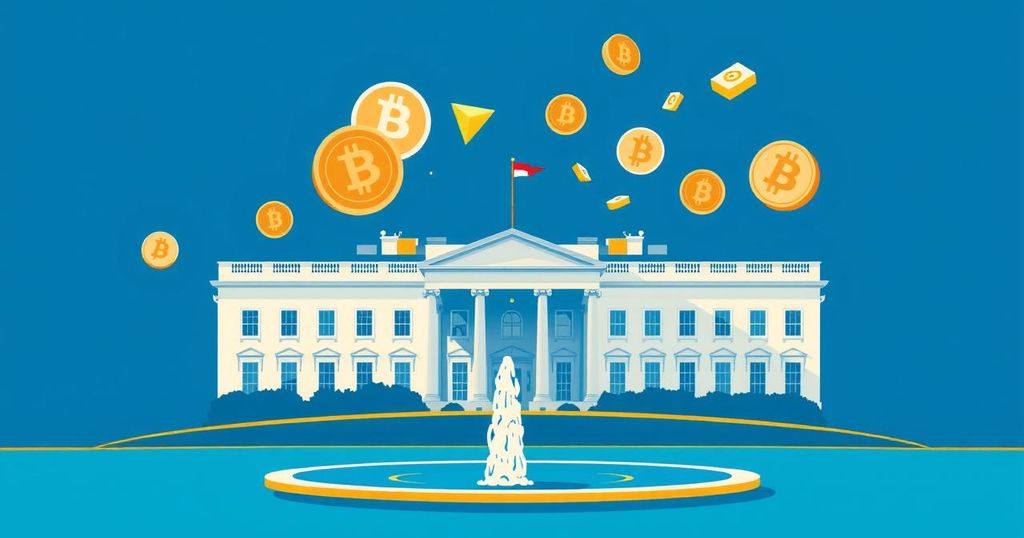Ripple’s CLO Calls SEC’s Dropped Appeal a Major Win for Crypto Regulation
Ripple’s CLO, Stuart Alderoty, announced the SEC’s dropped appeal signifies a crucial step towards regulatory clarity in crypto. The case questioned Ripple’s sales of XRP as an unregistered security. Alderoty proposed four guiding principles for future regulation: supporting innovation, safeguarding markets, stopping bad actors, and protecting consumers. This outcome is viewed as a potential turning point for U.S. crypto policy, which might inspire further growth in the sector. Additionally, Ripple has denied rumours of a $20 billion acquisition offer for Circle.
Ripple’s Chief Legal Officer, Stuart Alderoty, recently commented on the SEC’s surprising decision to withdraw its legal appeal against Ripple in March 2025. Alderoty took to Ripple’s “Crypto in One Minute” series on X, discussing why this shift matters. He believes this development represents a significant moment for regulatory clarity within the digital asset industry.
The case has been quite the saga, focusing on whether Ripple sold XRP as an unregistered security—a claim that has been a hot topic for some time now. After a series of court victories for Ripple, the SEC’s choice to abandon its appeal suggests a broader and perhaps more sensible shift in U.S. crypto regulations. For Alderoty, this is more than just a win for Ripple—it’s seen as a positive step for the entire crypto sector that’s been in search of clear regulatory guidance.
Stuart Alderoty also shared four key principles that he believes should shape the future of crypto regulation: fostering innovation, ensuring market integrity, curtailing bad actors, and protecting consumers. He argued these principles should be the guiding light for future legislation, replacing outdated frameworks that do little for the fast-evolving digital asset landscape.
This retreat from the SEC has many in the crypto space buzzing. There’s a widespread sentiment that this landmark decision could significantly influence how U.S. crypto regulations unfold in the coming years. Experts are optimistic that this could pave the way for more reasonable, growth-oriented regulations that also prioritise consumer safety.
On another note, Ripple has dismissed the swirling rumours regarding a supposed $20 billion bid for stablecoin issuer Circle, stating these claims are unfounded. Such denials might seem to distract from the main legal victory at hand, but it still hints at ongoing strategic maneuvers within the company.
Overall, with the SEC stepping back, XRP’s legal standing appears stronger than ever. As a result, this could not only uplift investor confidence in XRP but may also benefit the larger blockchain ecosystem. As the crypto world watches closely, the implications of this legal victory for Ripple could resonate far beyond just one company.




Post Comment